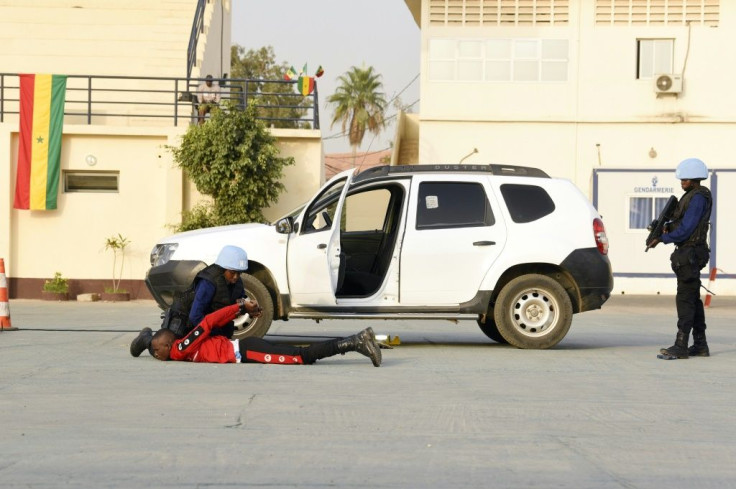UN Chief Deplores Persistent Lack Of Women In Peace Efforts
UN Secretary-General Antonio Guterres on Thursday deplored the persistent lack of women in the world's peace efforts, two decades after a Security Council resolution sought to boost such representation.
Guterres said there had been "important changes" since the 2000 adoption of Resolution 1325, which had encouraged all stakeholders to prioritize the role and interests of women and girls in peace talks, peacekeeping, humanitarian relief and post-conflict reconstruction.
"But gender equality is first and foremost a question of power, and wherever we look, power structures are dominated by men," Guterres told a virtual meeting of the UN Security Council.
Women lead only seven percent of countries, while men make up three-quarters of the membership of Covid-19 task forces, Guterres said.
"Even as we improve the representation of women in UN mediation teams, they remain largely excluded from delegations to peace talks and negotiations," Guterres said, pointing to diplomatic efforts on Afghanistan, Mali and Yemen.
"Women must be included as a priority from the outset," including in the growing number of online discussions held during the pandemic, he said.
The UN Women agency in a statement urged action to fill the "alarming gaps" in implementation of the 2000 resolution "at a critical moment when a joint and undistracted effort to contain Covid-19 is needed."

At the initiative of Russia, the Security Council was set Thursday to consider a resolution that would encourage greater representation of women in the corridors of power.
But diplomats said about 10 members of the 15-nation body including the United States and European powers were opposed, believing the Russian initiative rolls back previous achievements.
Russia's ambassador to the UN Vassily Nebenzia said the draft was "balanced" and "allows the further promotion of the women, peace and security agenda."
The draft, obtained by AFP, lists recommendations in a dozen paragraphs for UN member states to improve the status of women.
But its critics say it adds nothing of value and lacks references to the role of civil society.
One diplomat speaking on condition of anonymity said an entire paragraph on the accountability of states in the area of human rights was simply deleted during negotiations.
If adopted, the text will "not only be the weakest resolution ever adopted by the Security Council on women, peace and security, it will erode the normative framework on issues that are core to... (that) agenda," he continued, branding it regressive.
© Copyright AFP {{Year}}. All rights reserved.




















